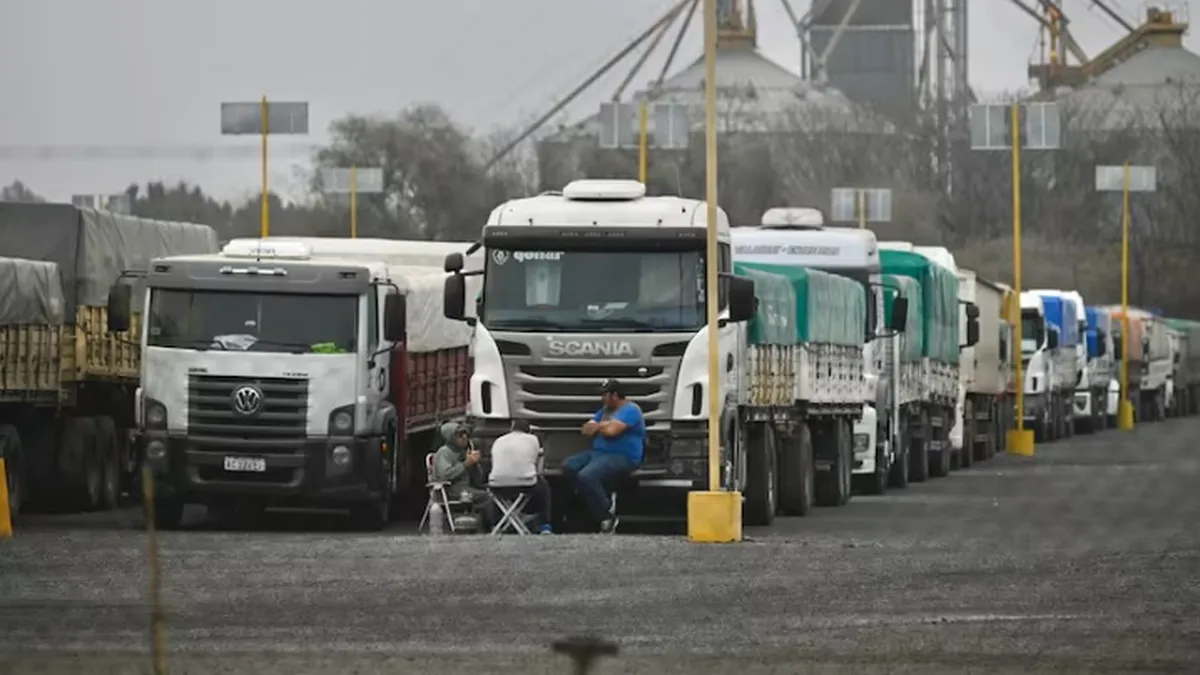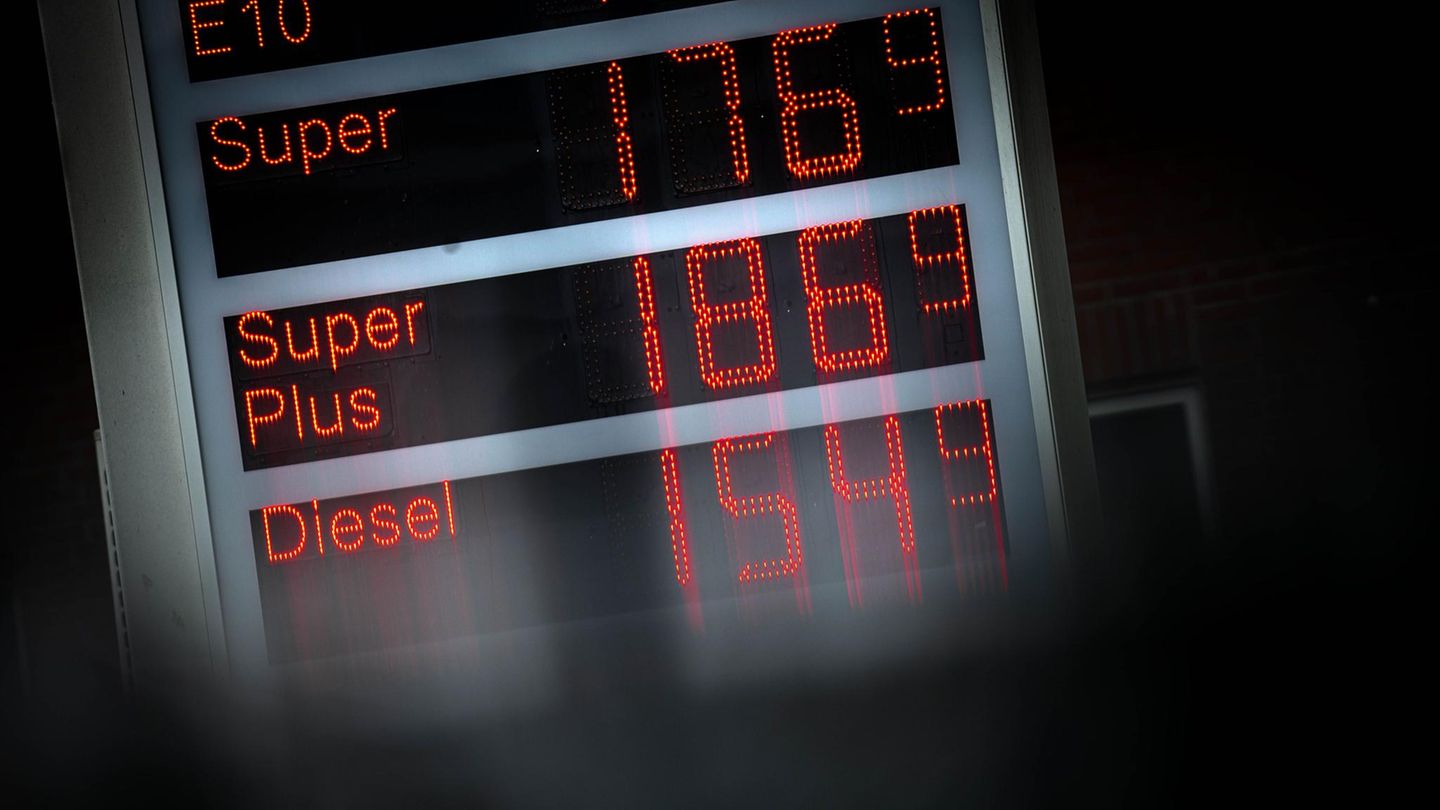A study carried out within the framework of the Coordinated Border Management Project of the Mercosur warns about important obstacles to the efficiency of international trade in Argentina and the region.
The report, carried out by the Procomex Institute of Brazil with the technical and financial support of the World Bank Group, involved a mapping at 10 border points in Argentina, Brazil, Paraguay and Uruguay.
The Argentine Federation of Freight Motor Transport Business Entities (FADEEAC), and three of its member Chambers – the Gualeguaychú Chamber of Automotive Freight Transport Entrepreneurs (CETAC Gualeguaychú); the Chamber of Missionary Entrepreneurs of Cargo Transport (CEMAC) and the Free Chamber of Entrepreneurs of Cargo and Related Transport (CALIBRE) – actively participated in the project that included 568 representatives of 274 companies, 49 business associations and 266 representatives of 41 public organizations.
The final work describes the main bottlenecks and suggests concrete solutions in the short, medium and long term, based on the consensus reached between representatives of the public and private sectors.
With the aim of improving the efficiency and harmonization of processes and regulations in the region, the challenges were classified at the MERCOSUR, national level (Argentina, Brazil, Paraguay and Uruguay) and specific for each of the 10 borders analyzed.
The Steps on which we worked were selected by Technical Committee No. 2 of MERCOSUR. Foz do Iguaçu-Ciudad del Este were analyzed in person; Gualeguaychú-Fray Bentos; Posadas–Encarnación; Chuí–Chuy; and Uruguayana-Paso de los Libres. Virtually, Concordia–Salto; Iguazú-Foz do Iguaçu; Puerto Falcón–Clorinda; Guaíra/Mundo Novo-Salto de Guairá; and Jaguarão-Rio Branco.
The report points out the lack of coordination between the country’s own organizations that intervene at the border – Customs, Gendarmerie, CNRT, Migrations, SENASA and National Roads – as a key factor that undermines operational efficiency.
Added to this is the lack of coordination of operating schedules between countries. As an example, the case of the border between Uruguay and Argentina is cited: while the Argentine Customs begins its operations at 7 in the morning, the Uruguayan Customs does so at 9, which increases waiting times and transportation operating costs. .
“The resolution of this type of problem will only be possible through the joint efforts of governments and the private sector. The commitment of public bodies is essential to ensure that the proposals are implemented effectively and a substantial improvement in the competitiveness of the bloc is achieved,” he said. Roberto Guarnieri, President of FADEEAC.
The report identifies 9 main challenges with significant impacts, the root of which lies in the lack of adequate border infrastructure and the need for improvements in regulations, systems, procedures and human resources.
The lack of harmonization in operating schedules between customs and control agencies is one of the main problems that the borders of the countries of the bloc have in common, and it is one of the factors that generates bottlenecks, economic losses, uncertainty and lack of predictability in international trade operations, the study indicates.
Another aspect that stands out is the fact that control is based on paper documents, which entails multiple logistical and administrative problems. Reviewing this aspect and improving connectivity at border crossings is imperative to speed up the operation. Furthermore, the lack of coordinated management in the Integrated Control Areas (ACI) of Mercosur prevents efficient and effective supervision of border operations.
The Procomex survey also indicates the lack of understanding about vehicle tare at the national level and MERCOSUR, which leads to disparities in weighing and problems in control procedures.
The lack of harmonization in the scanner and software systems used by MERCOSUR member countries contributes to the inefficiency of customs controls in the region and this, as the report indicates, not only affects the fluidity of trade, but also the capacity of countries to combat smuggling and other illicit activities.
“FADEEAC considers that this report should be a central tool to move towards greater integration and modernization of borders, facilitating the transportation of goods and benefiting the economies of the bloc’s member countries,” concluded Guarnier.
Source: Ambito
David William is a talented author who has made a name for himself in the world of writing. He is a professional author who writes on a wide range of topics, from general interest to opinion news. David is currently working as a writer at 24 hours worlds where he brings his unique perspective and in-depth research to his articles, making them both informative and engaging.




